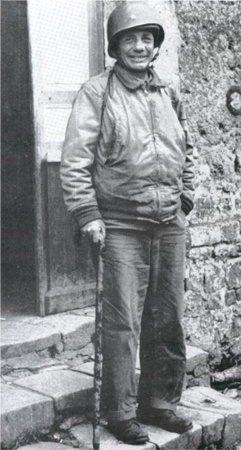
Dear friends and coworkers,
The big question behind this week's events in Egypt is whether religious extremists will come to power. My own feeling is that this is much less likely than it would have been seven years ago.
The difference is seven years of indiscriminate bloodshed in the name of God, mostly in Iraq. What once claimed to be a righteous struggle of religious self-defense was soon enough exposed as butchery of innocent women, children, and anyone with a different theology.
The difference also includes the events of 2009 in Iran. The religious government that started there with such high hopes after the 1979 revolution showed it would oppress its people with far more brutality than the Egyptian regime could ever muster.
Most human beings made in the image of God cannot help but recoil in disgust from all this violence, no matter what their religious leaders are telling them. It's not easy to give voice to this sentiment in the Middle East, but I believe that large numbers of decent folks are burning out on religion. Praise God!
Stirring in me is the desire to simply and clearly speak a true word from God into this situation. Just one verse from one of John's letters, for example, cuts right to the heart:
If someone says, "I love God," and hates his brother, he is a liar; for he who does not love his brother whom he has seen, how can he love God whom he has not seen?"
Would you pray with me for insight into how we can speak out this word in the Middle East, for ears that are increasingly ready to hear?
 And I'm grateful that God enables us to continue our practical work together, modeling how good it really can be when brothers do dwell together in unity ("Shevet Achim"). Eight families from northern Iraq are now with us for healing at the hands of Israeli doctors. Today we filed visa applications for the next three families that will come, including little Marwa shown here under echo in Iraq in November.
And I'm grateful that God enables us to continue our practical work together, modeling how good it really can be when brothers do dwell together in unity ("Shevet Achim"). Eight families from northern Iraq are now with us for healing at the hands of Israeli doctors. Today we filed visa applications for the next three families that will come, including little Marwa shown here under echo in Iraq in November.The shaking in the Middle East may rearrange things in ways that will surprise us. Let's not be afraid. The latter day vision of Isaiah 19 proclaims that Egypt in particular will be shaken as prelude to a regional revelation of the LORD. We're blessed to live in such interesting times.
Jonathan for the Shevet Achim community in Jerusalem
Amen. John Carter, with the believers who see people's sins obscuring and confusing the beauty that God designed into them. For more on Shevet's work, see the previous blog post here, or their website here.



